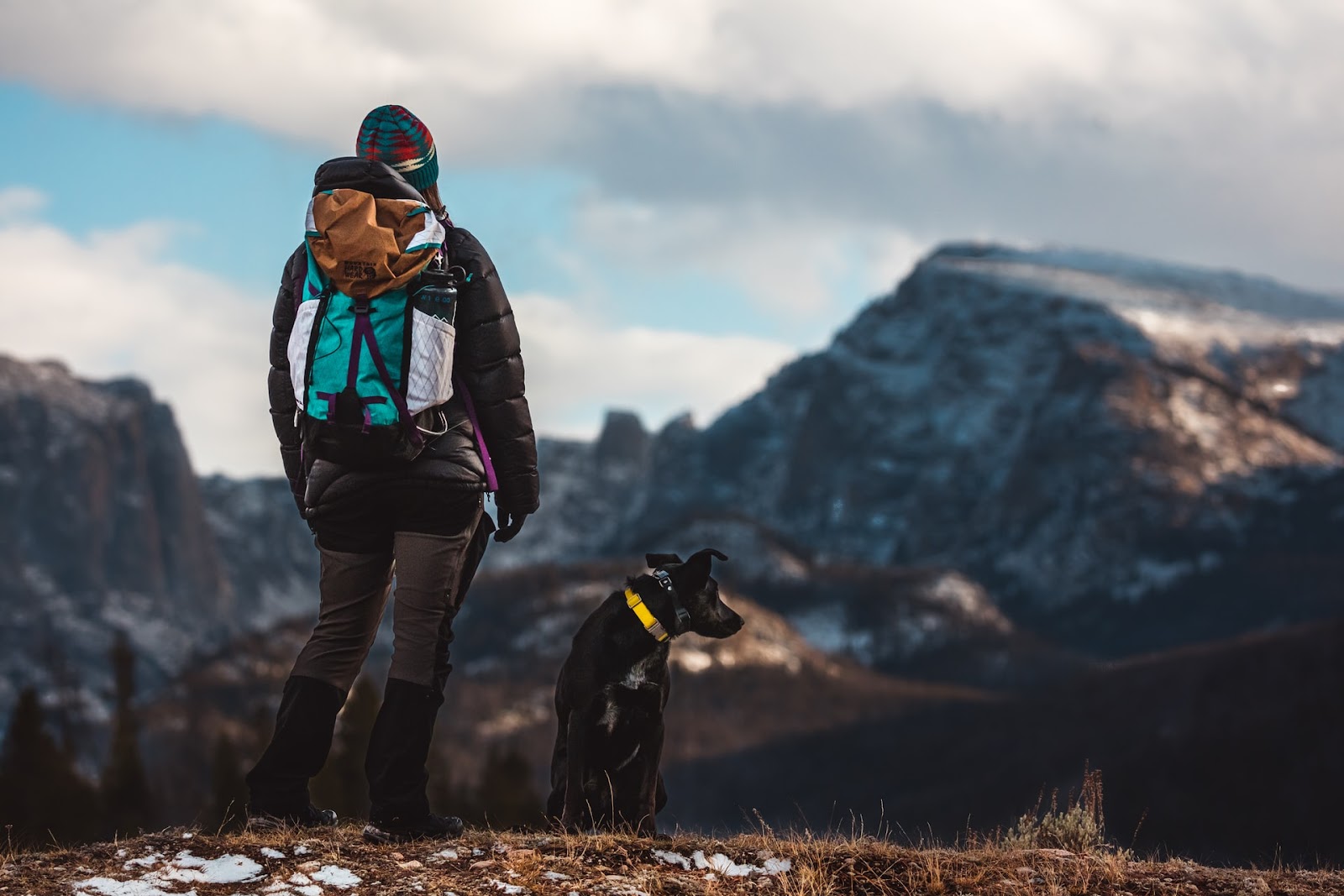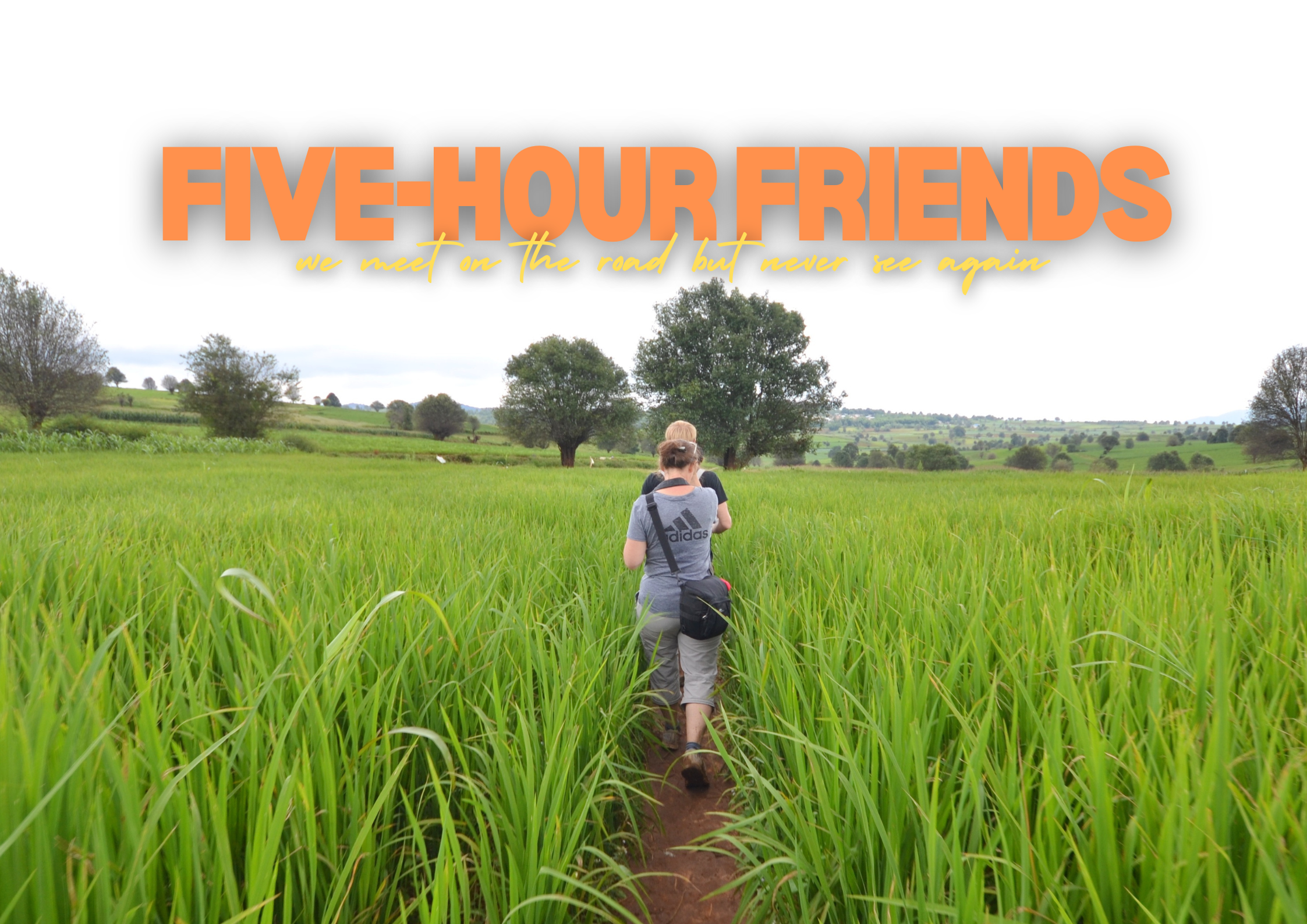Backpacking is a great experience no matter if you decide to go on a solo adventure or with a group of friends. You’ll get some rest from the city, and you’ll recharge your batteries. The following article will share with you tips that only the ultralight backpackers know, and now you’re getting the same opportunity.
This article is dedicated to all existing and future backpackers and helps you with small things that you can change in your routine, with the intention of packing light and making your journey a lot easier.

Pack light for your next journey
Check your current gear
Your basic backpacking gear consists of a backpack, tent, sleeping bag, and other necessities that we’ll go over in the next paragraphs. For now, we’ll stick to the top three. Lay them on the ground and inspect them. Is your backpack comfy? Backpacks with foamy cushions on the shoulders and at the back help you carry all the weight easier with fewer pressure points overall. Second, does your backpack have multiple compartments? Compartments of different sizes can help you in organizing your stuff.
After that, inspect your tent and sleeping bag as well. Right now, there are ultra-light materials that can be used to produce high-quality backpacking gear, and you should invest in that. If you purchased your gear in the past, then it’s time to replace it with something lighter, with the same quality, if not better. Choose light materials that are waterproof, and choose a sleeping bag filling that will keep you warm, comfortable, and should be hypoallergic. Normally, the lighter the item, the more expensive it is. With that, make sure to make a wise decision and choose the lighter sleeping bag and tent that fit your budget.
Don’t overpack
Take only what you need. When you sit down to pack, make sure that everything you’re getting will be valuable and will have a purpose on your trip. If you don’t need a pot, then you should leave it at home. Things like cups, sets of spoons, and plates can be extra, and more often they add extra weight for nothing. A good packing tip to remember is “pack everything, then get rid of half of it.”
Amongst the things that you don’t need, but they somehow find their way into your backpack are jewelry, valuables, heavy camera lenses, an extra pair of hiking boots, three different jumpers… try to remain as minimalistic as possible.
Sharing is caring
If you decided to go backpacking as a group, then you can share the gear among yourselves. For instance, you can get a bigger tent that will fit the group in, and one of you can carry it on top of the backpack. The others will carry the water and the food supplies, and the weight will be evenly distributed. Your backpack will feel a lot lighter, and you won’t be experiencing the back pain you normally do after carrying all that weight during the day.

What about the food?
If you have ever gone on a backpacking trip before, then you know that food can take up a lot of space in your backpack, adding unnecessary weight and making the backpack appear bulky. To prevent this from happening, you should always consume the biggest packs first and hold onto the smaller ones for the following days. Also, make sure that the food you brought is filled with nutrients, especially healthy fats, protein, and carbohydrates. If you want to feel fuller for longer periods of time, look for food that is rich in fiber, and always have a snack nearby.
Drinkable water sources
Always check beforehand if your final destination has a drinkable water source. Most trails are available online, and there are details that you should know about them. Before you pack, remember that normally we need around 1.5-2 liters of water a day. When we walk or hike, those amounts grow bigger, and water bottles can add significant weight to your backpack. If you’re traveling as a group, you can share that weight, or you can find different ways to make water drinkable. Try out the water filtering straws with boiled water, but only if you have significant knowledge or previous experience with this.
Hopefully, you’ve gathered some valuable tips from the article, and you’ll use some of them on your next journey. In the end, what matters most is to find out what works best for you, and to learn from previous trips, as they are the best way to gain experience and become a successful traveler/hiker.


